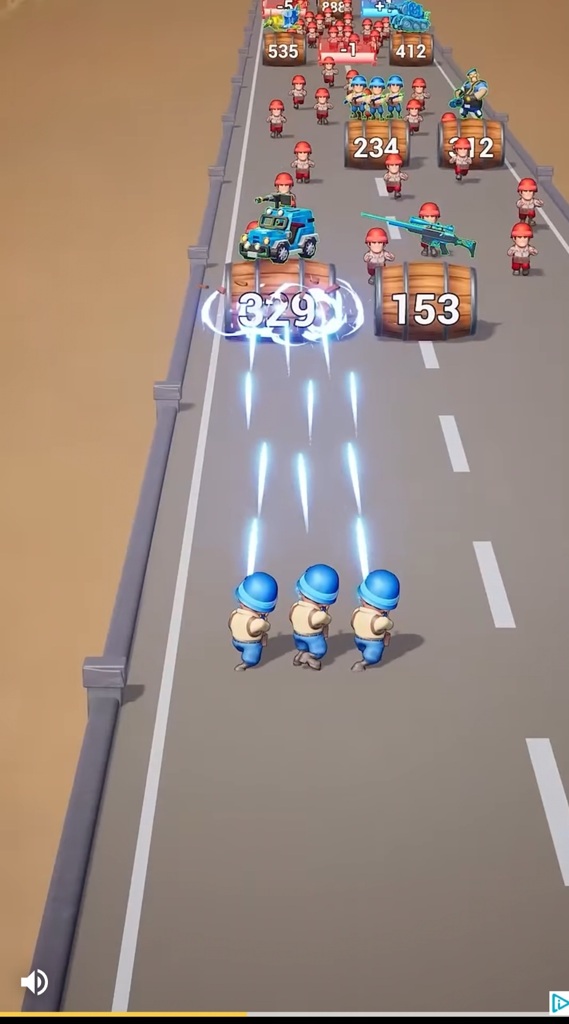553
you are viewing a single comment's thread
view the rest of the comments
view the rest of the comments
this post was submitted on 04 Feb 2024
553 points (97.6% liked)
Asklemmy
43027 readers
1560 users here now
A loosely moderated place to ask open-ended questions
If your post meets the following criteria, it's welcome here!
- Open-ended question
- Not offensive: at this point, we do not have the bandwidth to moderate overtly political discussions. Assume best intent and be excellent to each other.
- Not regarding using or support for Lemmy: context, see the list of support communities and tools for finding communities below
- Not ad nauseam inducing: please make sure it is a question that would be new to most members
- An actual topic of discussion
Looking for support?
Looking for a community?
- Lemmyverse: community search
- sub.rehab: maps old subreddits to fediverse options, marks official as such
- !lemmy411@lemmy.ca: a community for finding communities
~Icon~ ~by~ ~@Double_A@discuss.tchncs.de~
founded 5 years ago
MODERATORS

Some of the responses here dance around the truth, but none of them hit the nail on the head. This is a bit of an artifact of how the mobile industry works and the success rate vs profitability vs the way ads work on mobile.
Yes, hands down, this is not an effective advertising strategy. Many of these game companies are very successful so it's not because they're stupid. It's because these ads aren't advertising campaigns.
These ads are market research. The point isn't to get you to download their game. At all. The point is to figure out what people will engage with.
These ads are all game ideas. Mobile game ideas are a dime a dozen million. They're easy to come up with, cost a lot to build, and many don't monetize well and therefore aren't profitable. Because of that, it's very expensive and unsustainable to build games and test them and see what succeeds.
Instead, companies come up with ideas, build a simple video demonstrating the idea, and put up ads with those videos. They then see how many people engage with the ads to determine how many people would even visit the download page for that game. Building a quick video is much much much cheaper than building a game. This is the first step in fast failing their ideas and weeding out bad ones.
Essentially the companies have lots of ideas, build lots of simple videos, advertise them all, and see which ones get enough engagement to be worth pursuing further, while the rest get dropped entirely.
But those ads need to link somewhere. So they link to the companies existing games. Because they're already paying for it. So why not.
But building a whole new game is also expensive. Dynamics in mobile gaming are very odd because of the way "the algorithm" works. It is actually extremely expensive to get advertising in front of enough people that enough download it that you have any meaningfully large player base to analyze at all.
So the next trick is these companies will take the successful videos, build "mini games" of those ads as a prototype, and then put that in their existing game. This means they can leverage their existing user base to test how much people will engage with the game, and more importantly, eventually test how well it monetizes. Their existing users have already accepted permissions, likely already get push notifications, and often already have their payment info linked to the app. It also means they don't have to pay for and build up a new store presence to get eyeballs on it. Many of the hurdles of the mobile space have already been crossed by their existing players, and the new ones who clicked the ads have demonstrated interest in the test subject. This is why many of the ads link to seemingly different games that have a small snippet of what you actually clicked on.
If these mini games then become successful enough, they will be made into their own standalone game. But this is extremely rare in mobile. The way the store algorithms and ads work make it pretty fucking expensive to get new games moving, so they really have to prove it to be worthwhile in the long run.
So yeah, most people look at this the wrong way - it does actually go against common sense advertising, but that's because it's not actually advertising. It's essentially the cheapest way for companies to get feedback from people that actually play mobile games about what kinds of games they would play.
It's not advertising. It's market analysis.
This is brilliant for them. They basically take the elevator pitches from the concept phase of design and toss them at players to see what sticks. Don't even have to get to the point of a vertical slice to playtest, just a conceptual animation of gameplay.
Yeah, this makes me so fucking mad as a player but like.... It actually works super well so I can't blame them.
Mobile gaming is full of shitty elevator pitches and super high failure rates so it just kinda.... Makes sense.
But I still hate it.
Absolutely, I hate it, too. It's like how the more I learn about advertising, the more disgusted I become as I discover that it's all just malicious psychology to push the buttons in your brain to get you to do what they want, but it's still brilliant psychology that they've honed after more than a century of practice. I hate it, but I can't deny it works.